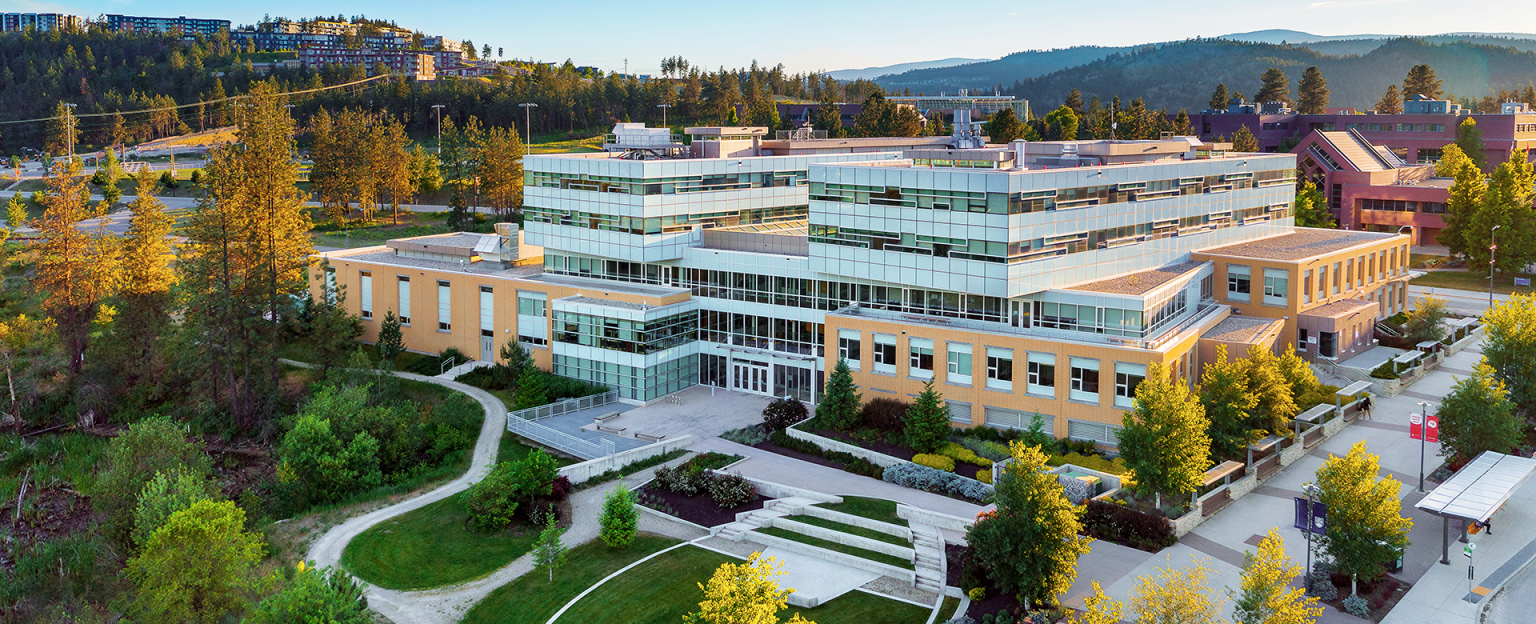
The below media release was shared on Friday, April 12, 2024 by UBC Okanagan and has been re-posted in this space as it highlights seat expansions in the School of Engineering’s Electrical and Mechanical Engineering programs.
A message from Dr. Will Hughes, Director of the School of Engineering:
“Today is an exciting day for the School of Engineering. We are deeply appreciative of this expansion of seats which adds to our capacity in two high demand areas – Electrical and Mechanical Engineering. This will have a positive ripple effect on our school, UBC Okanagan and the region. It means more outstanding engineering students and graduates who will ultimately contribute to innovative research, fill skills and knowledge gaps, and occupy vital roles within industry in the Okanagan and far beyond.”
UBC adding 778 tech spaces thanks to $14.8M provincial investment
Expanded enrolment will increase opportunities for students and help drive B.C.’s innovation economy
The University of British Columbia is adding 778 new spaces over six years in technology-related programs on its campuses thanks to additional funding from the B.C. government.
B.C.’s Minister of Jobs, Economic Development and Innovation, the Honourable Brenda Bailey, was on site at UBC’s Vancouver campus on Friday to celebrate the expansion of technology-related learning spaces as part of the provincial government’s long-term plan to meet growing demand for talent in B.C.’s tech sector.
“The students who will be filling these hundreds of seats at UBC will help increase the supply of talent into the province’s rapidly expanding tech sector,” says B.C.’s Minister of Jobs, Economic Development and Innovation, Brenda Bailey. “These graduates will be rewarded with well-paying careers while helping to advance health care and research to improve life for British Columbians, and build our clean, innovative economy of the future.”
The funding will add new student spaces to existing programs in the faculties of applied science, medicine, pharmaceutical sciences, and science on both campuses. These spaces will be added over six years, including an investment of $5.4 million in capital funding to equip and renovate labs and classrooms, and a total of $17.7 million in start-up and on-going operating funding over the first three years of the planned expansion.
“We are grateful to the B.C. government for this generous investment, which will further enhance UBC’s position as a global leader in technology learning and innovation,” says UBC President and Vice-Chancellor, Dr. Benoit-Antoine Bacon. “This investment not only provides our students with exciting new education and career opportunities, but it also helps meet the demand for talent in B.C.’s rapidly growing tech and life sciences industry. With these new spaces, UBC is preparing even more students to become the engineers, scientists, product developers, and technology leaders that will help propel our society and economy forward.”
The investment will also be used to establish two new programs, a Bachelor of Data Science on the Vancouver campus, and a Master of Science in Biotechnology on the Okanagan campus.
“At UBC Okanagan, we are especially thrilled to be launching a Master of Science in Biotechnology program,” says Dr. Lesley Cormack, principal and deputy vice-chancellor of UBC Okanagan. “With biotechnology’s potential to address local and global challenges in agriculture, health, biomedicine and the environment, this program will empower students to harness cutting-edge technologies for a brighter future for B.C. and the communities we serve.”
UBC Vancouver will see 578 additional spaces added, including 120 spaces in the undergraduate data science program, 160 spaces in the undergraduate microbiology and immunology program, 60 spaces in undergraduate pharmaceutical sciences, 180 spaces in undergraduate chemical, computer and integrated engineering program streams, and 58 spaces in biomedical engineering graduate programs.
Meanwhile, UBC Okanagan will add 200 additional spaces, including 60 in the undergraduate data science program, and 100 in the undergraduate engineering program. The new Master of Biotechnology program will have 40 spaces.